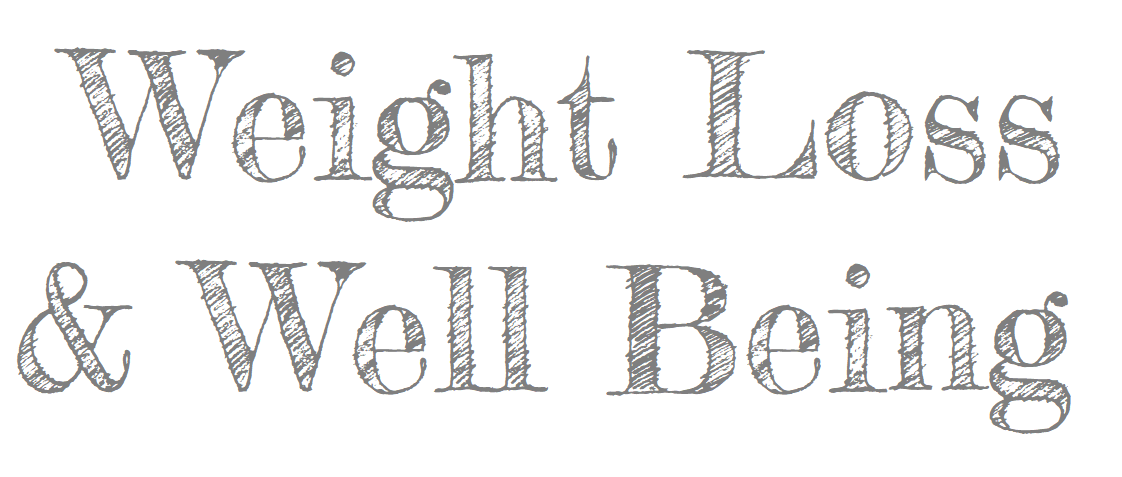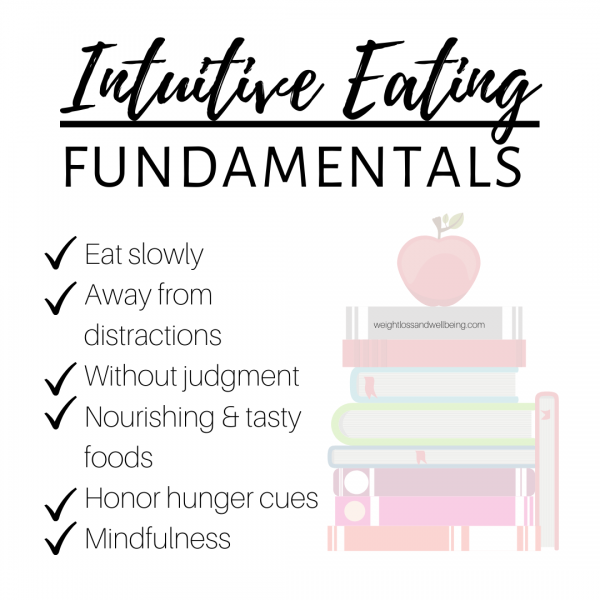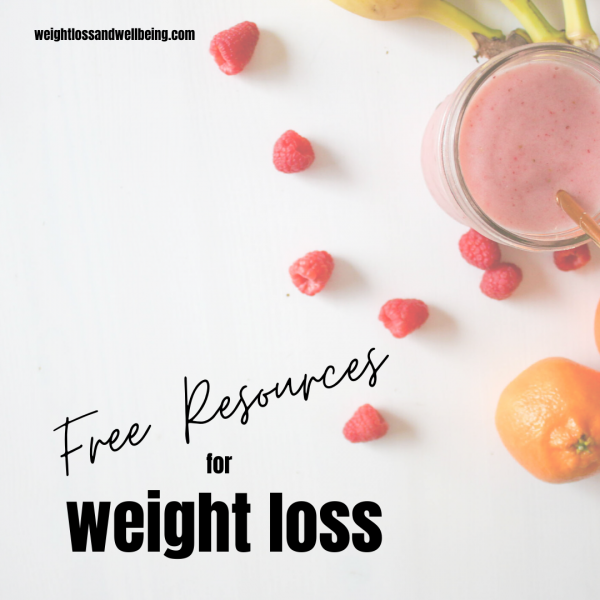Learn the intuitive eating fundamentals, why it was created, and how you can implement it into your life.
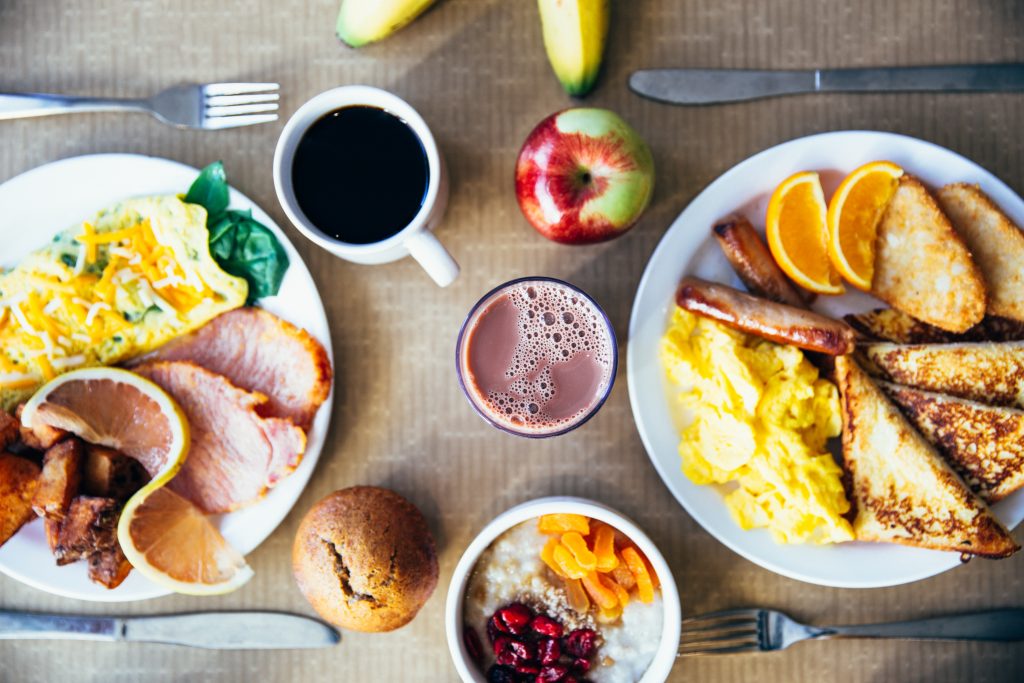
What is Intuitive Eating?
In the simplest terms, Intuitive Eating is the anti-diet. It is a form of eating that focuses on self-direction instead of using a pre-defined, specific, or timed nutrition.
Intuitive Eating aims to teach you how to return to a natural, biologically driven way of eating. Instead of counting calories or macros, or following a “diet.” With the specific goal of eating for physical need not emotional need.
The principle of Intuitive Eating rests on the idea that as we grow, our society spoils our natural ability to recognize hunger and fullness. These natural drives are replaced with feelings of shame, guilt, and morality labels tied to the foods we eat.
We learn from an early age that there are “bad” foods and “good” foods. Everyone tells us that junk food and fast food are inherently unhealthy, and should be avoided. Thereby applying a moral standard to our food. Intuitive Eating is the removal of this moral label and judgment to our food choices.
However, this isn’t a license to eat whatever, whenever. Instead, priority is placed on nutrient-dense whole foods. And eating only when hungry, stopping immediately when full, and connecting back to our internal self and physical body.
Intuitive Eating believes that our bodies are smarter than we are, and know what they need. And are also capable of informing us when we need something and what that something is.
Why eat intuitively?
Intuitive Eating is quickly becoming a go-to for eating disorder recovery. Whether you suffer from binge eating disorder or food addiction on one end of the spectrum, or anorexia and bulimia on the opposite end. Intuitive eating could be a therapy method utilized.
And for those that don’t have disordered eating patterns, intuitive eating can return them to a more natural and flexible style of eating.
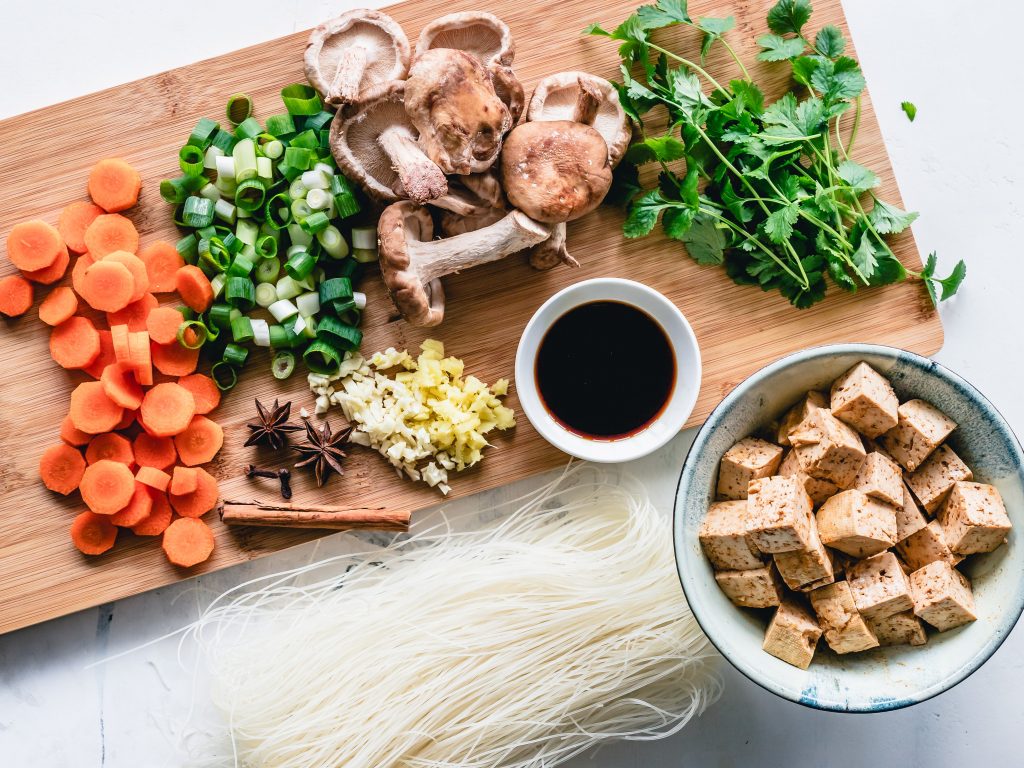
Traditional weight loss by counting calories is very effective, but for some it can become a compulsion. And this compulsion can cause extreme eating disorders. Which causes significant weight gain through over-restricting and binging, or by extreme restriction and drastic weight loss.
Intuitive eating removes the numbers, values, qualifications, and descriptors that cause the stress and anxiety for those suffering with eating disorders. Taking away those numerical values, and strengthening the mind-body connection can help remove the compulsion from controlling and subsequently losing control of your eating.

Intuitive Eating for Weight Loss
Intuitive Eating is not necessarily for weight loss, though it can be a beneficial side effect. It is more of therapeutic technique and ultimately a goal for most people.
It can help return you to a neutral relationship with food, and eliminate the shame, guilt, and anxiety around food. But this does not guarantee weight loss.
Part of the issue with weight loss or weight gain is that processed foods are highly palatable and calorie-dense. While this makes them super delicious and nearly irresistible, it poses a serious problem for intuitive eating.
Processed foods lie to our body and our mind. They are already partially “digested” because they are processed and broken down into the pieces that we normally have to digest.
Real Food vs. Processed Foods
This makes it so they not only take up less space, but our stomach isn’t as satiated as it would be with more challenging food like whole grains that require quite a bit of breakdown by our stomach enzymes. Not only this but, they are made to taste and look like foods they are not.
Most of the foods you see in the supermarket are actually imitation foods. I’m sure you’ve heard of imitation crab, but did you know that most bread is also imitation bread. It just doesn’t have to be labeled as such. Processed foods just mimic real foods, but don’t give you the benefits of the micro-nutrients and fiber.
Therefore you can eat a lot of processed food, in fact you can overeat them, but still be nutritionally deficient. Therefore, allowing our internal navigation system to apply the same rules to processed foods will almost always lead to weight gain.
Our bodies and brains are adapted to live in a whole food or real food environment. But that is not the food landscape that we live in today.
Intuitive eating simply does not work if you are consuming mostly processed foods. Your body won’t be able to tell when it’s full or what it wants. Processed foods hi-jack our brain’s reward center and are literally designed to make us want more.
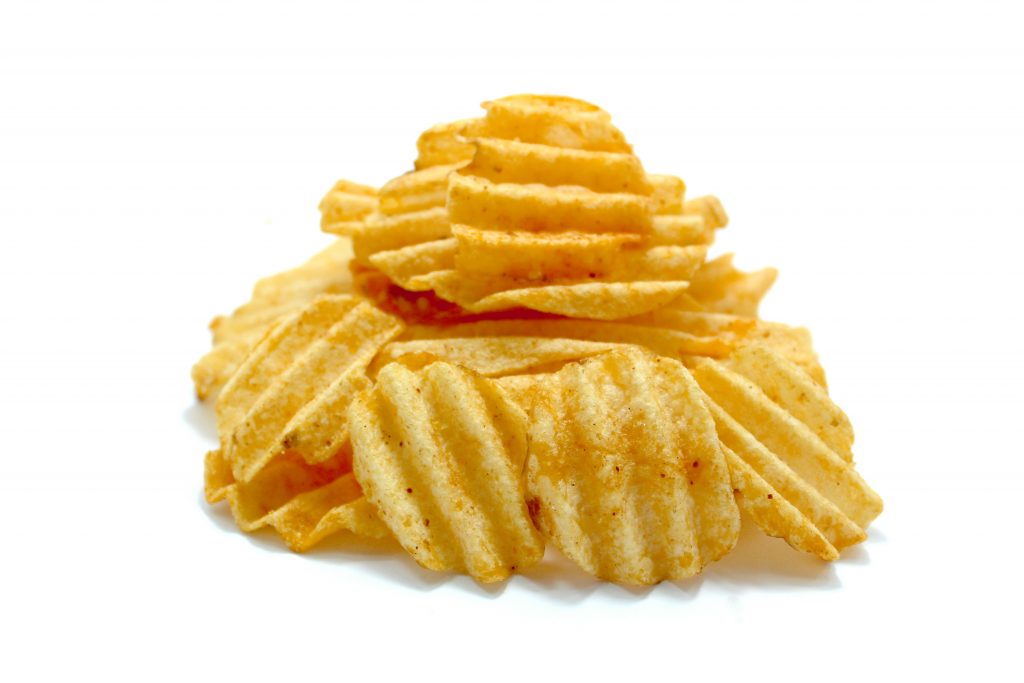
Let’s face it, you can’t beat science. Psychologists, biologists, and food manufacturers work together to create the perfect chip, cookie, flavored yogurt, and slice of white bread. It is the perfect taste, texture, smell, and size to make you want more. And still be as cheap to manufacture as possible. To learn more about real food and imitation foods, check out our post Real Food Defined.
Research on Intuitive Eating
Current research has shown some consistent benefits to adopting, or working towards, an intuitive eating approach. A study TeriSue Smith and David Hawkins showed overall a strong correlation between intuitive eating, lower BMIs, increased enjoyment of food, and low food anxiety.

Research has also shown that there is a low rate of intuitive eating practices among the obese, diabetic, and other metabolic disorders. One particular study examined African-American women with Type 2 Diabetes and how their eating habits compared to the intuitive eating principles.
The majority of participants did not subscribe to any of the main principles and in general had a poor relationship with food.
However, there is not much research examining the relationship between those who effectively practice intuitive eating and the actual make up of their diet.
For many the challenge lies in focusing on real, whole foods that provide the required nutrients, healthy micro-nutrients, and avoiding processed foods or ultra-processed foods. More research needs to be done to ensure that those who prescribe to intuitive eating, actually compose their diet of healthy foods, instead of resorting to unhealthy, but overly-palatable foods.
Intuitive Eating can be a huge benefit for most people. To learn more about the specific principles of Intuitive Eating or where to start check out our post.
